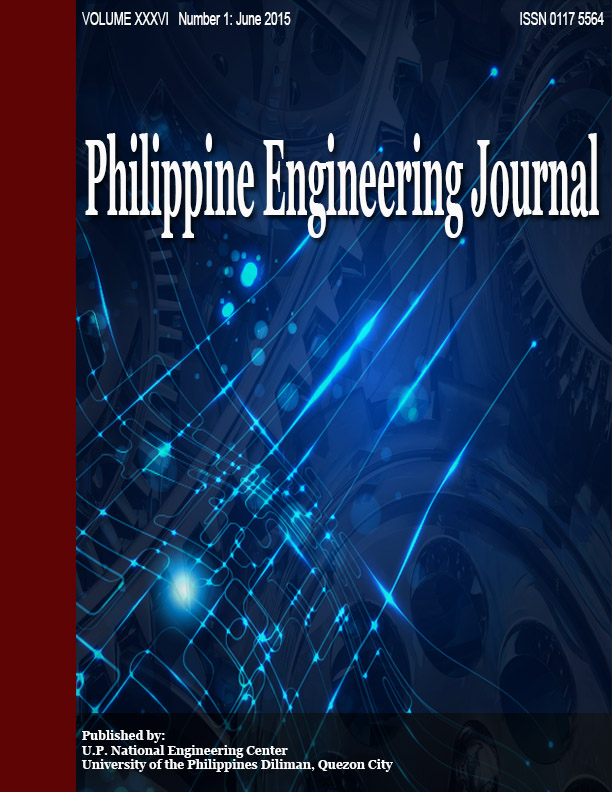MODE CHOICE AND VALUE OF TIME OF INTER-ISLAND TRAVELERS: THE CASE OF THE PHILIPPINES
Abstract
Effectively managing inter-island travel is critical to the unified economic growth and development of a country, especially for archipelagos like the Philippines, where inter-island travel directly affects the local economy. To efficiently manage a transport network across islands, it is important to understand how the travelling population make their travel mode choices, just as much as the operating characteristics of the transport modes available. This study covers the development of logit choice models, based on revealed preferences of the travelling population across the Panay-Negros islands. Travel mode characteristics like travel time, cost, comfort, as well as socio-demographic information like age and income, are found to be significant in the travel decision. The average value of travel time savings is computed to be at Php87.89/hour ($2.04 /hour). Furthermore, the values of time of different groups based on travel frequency, day of travel, gender, civil status, income class, and trip purpose are also determined. These values can be used in feasibility analysis of various transport infrastructures that may be introduced to the network.
Keywords: Inter-island travel; Mode choice; Logit modelling; Revealed preference


